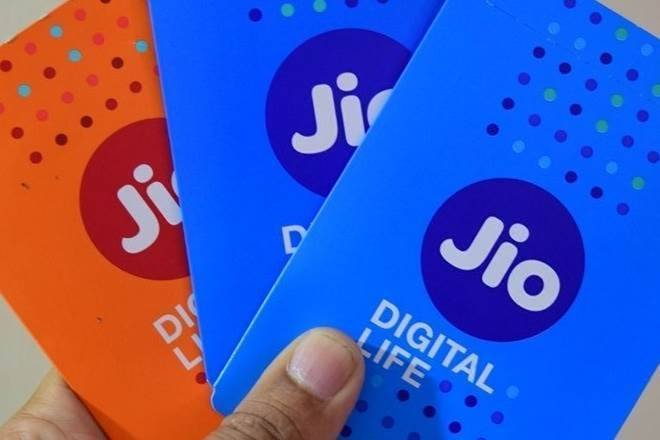Ind-Ra has come up with a report on how the introduction of the new IUC charges by Reliance Jio could affect the telco and the industry
With Reliance Jio’s decision of charging 6 paise per minute on outgoing voice calls to other networks, India Ratings and Research (Fitch Group) has come up with a new report about how this move is going to impact the company financials. As per the new analysis conducted after this decision, India Rating and Research has said that Reliance Jio is going to witness a rise in its Average Revenue Per User (ARPU) by Rs 9 and in addition to this, the EBITDA of the company is also going to increase by 15%-18% in the FY20. This is given the fact that the average calling pattern remains the same and the shift to the zero interconnect usage charge (IUC) regime is postponed from its current set date of January 1, 2020. However, there is also the question that this rollout of the new charge pegged at 6 paise per minute might discourage users from making calls from the Reliance Jio network and hence it could limit the EBITDA of the company at 8% to 10%.

New IUC Charges Also to Decrease Outgoing Calls from Reliance Jio
Ind-Ra has noted that for the rival telecom operators, Bharti Airtel and Reliance Jio, these telcos might see reduced incoming call traffic which means that they might see a decline in their income from the IUC payouts which was 3% of the total revenue for Bharti Airtel and 10% of the total revenue for Vodafone Idea. Also, with the removal of the pricing arbitrage, Vodafone Idea, and Bharti Airtel might continue to lose subscribers to Reliance Jio. There is also the fact, that for the short term, the tariff hike by Reliance Jio could help the rival telcos in repairing their balance sheets and could get them a marginal recovery of around 10%. However, as per the Ind-Ra report, this improvement might not be sufficient for addressing the high debt levels of both the companies.
Reliance Jio Currently the Net Payer of IUC
There is also a notable network imbalance which is more for Reliance Jio as compared to the other telecom operators. In Q1FY20, outgoing calls as a proportion of total off-net minutes of usage (MoU) for R-Jio, Voda-Idea, and Airtel stood at 64%, 41% and 45%, respectively. Also, of the total off-net voice traffic, the net incoming MoU as a proportion of total off-net MoU stands at negative 29% for R-Jio whereas the same is 9% and 19% for Airtel and Voda-Idea respectively, implying that network voice traffic imbalance is significantly higher for R-Jio compared with peers. This points out that in the IUC payouts each month, Reliance Jio is the net payer, whereas, Vodafone Idea and Bharti Airtel are net gainers for the IUC payments. Ind-Ra has also noted that Reliance Jio’s move of bringing 6 paise per minute charge on outgoing calls to other operators might mean that the zero-IUC regime could get postponed by the Telecom Regulatory Authority of India (Trai).
Industry Debt Levels Remains Unsustainable
With this, Ind-Ra has also noted that “estimating the impact of R-Jio’s levy of IUC charges on ARPU and EBITDA is tricky given that it may lead to a change in usage and calling pattern. The impact on Airtel and Voda-Idea’s financials is yet to be seen given that they have not yet announced their strategy in response to R-Jio’s move.”
Interestingly, the report has also noted that after falling continuously for the last two and a half years, in the October month, the industry tariffs have risen 11% to 17% from October 2018 to February 2019. The data tariffs have remained stable since then. Ind-Ra has also noted that the industry’s debt levels are unsustainable and the 10% marginal recovery levels are not enough to pare the debt. Further, it highlighted that any investment in 5G technology or spectrum auction might derail this recovery of the telecom operators.
